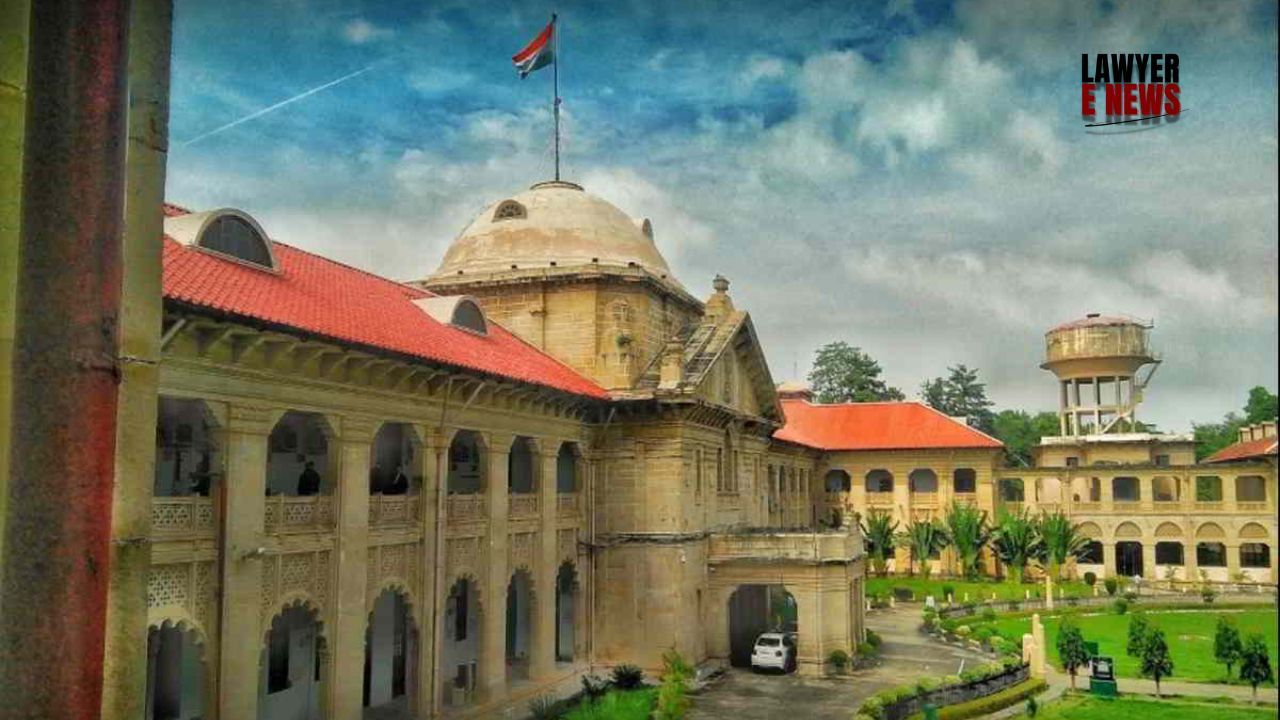-
by Admin
19 February 2026 3:14 PM



“Clear recital shows transfer of title without debtor-creditor relationship; repurchase clause doesn’t convert it into mortgage”— In a judgment of substantial legal import, the Patna High Court affirming the concurrent findings of the trial and appellate courts that a 1953 property transfer deed executed by Bibi Akikul Nisa was not a mortgage by conditional sale, but rather an absolute sale with an optional right to repurchase. Justice Arun Kumar Jha ruled that “an absolute conveyance, containing nothing to show the existence of a debtor-creditor relationship, cannot be treated as a mortgage merely because the vendor stipulated a right to repurchase.”
The decision conclusively settled a decades-long dispute by holding that the plaintiffs, heirs of the original executant, could not seek redemption under Section 60 of the Transfer of Property Act, 1882, as there was never a mortgage to redeem.
The central dispute revolved around a deed dated March 24, 1953 (Exhibit-C), through which Bibi Akikul Nisa transferred property to Dwarika Prasad for ₹7337, with a clause that she could repurchase the property within five years.
The plaintiffs claimed it was a zerpeshgi (mortgage) deed under Section 58(c) of the Transfer of Property Act and filed a redemption suit after the defendant refused to accept repayment in 1975. The defendant asserted it was a sale with conditional repurchase, emphasizing he was in lawful ownership, having also paid the balance due under a previous 1950 mortgage.
The suit was dismissed by the trial court in 1989, upheld by the first appellate court in 1992, and ultimately challenged before the High Court through this second appeal.
Was the 1953 deed a mortgage by conditional sale under Section 58(c) TPA, or an absolute sale with a repurchase clause?
Justice Arun Kumar Jha held that the answer lies entirely in the recital and structure of the document. He ruled:
“If the words are clear, then the words would prevail and there would be no need to look into the surrounding circumstances to gather the intention of the parties.”
The Court found no ambiguity in the language of Exhibit-C, which explicitly conveyed title to the buyer and authorized mutation, tax payment, and possession transfer—hallmarks inconsistent with a mortgage.
“A mortgagor would not allow the mortgagee to mutate his name in place of mortgagor. Thus, the original defendant got his right, title and possession over the property as purchaser.”
The Court further noted: “Bibi Akikul Nisa abandoned her right, title and interest over the suit property… the right to repurchase was not redemption but a fresh agreement that lapsed with time.”
Does presence of a buyback clause automatically invoke Section 58(c) of the TPA?
Justice Jha clarified: “The presence of a repurchase clause does not ipso facto convert a sale into a mortgage. The real test is intention as gathered from the language and structure of the document.”
Citing the Supreme Court’s landmark in Bhoju Mandal v. Debnath Bhagat (AIR 1963 SC 1906), the Court reiterated that each case must be evaluated on its own facts, and no universal rule can be drawn from past cases unless the terms are identical.
On Rejection of Oral Evidence:
The appellants contended that the subordinate courts erred in ignoring oral testimony. The High Court rejected this:
“Interpretation of Exhibit-C does not turn on oral testimony; where documentary language is unambiguous, oral evidence is irrelevant.”
In a detailed transliteration and translation, the Court highlighted that:
The deed transferred ownership and possession in unequivocal terms.
It permitted mutation and tax payment by the transferee.
There was no expression of a loan, no interest stipulated, and no continuing debt.
A prior mortgage for ₹3,200 in 1950 was satisfied and merged into the 1953 transaction for ₹7337—signaling a sale, not an extension of a debt.
“From the recital it is clear that there is no relationship of debtor and borrower. Further, no right of redemption has been kept in the deed.”
Upholding the lower courts, the Patna High Court concluded: “Exhibit-C is a document of sale with an option to repurchase and not a mortgage by conditional sale… therefore, the suit for redemption is not maintainable.”
The Court dismissed the second appeal and affirmed the extinguishment of the plaintiffs’ claims, closing a 46-year-old litigation.
Date of Decision: May 20, 2025
